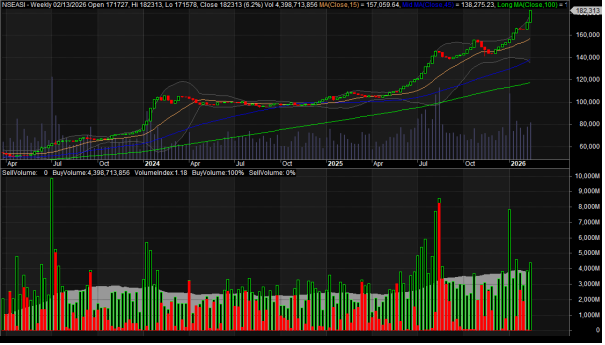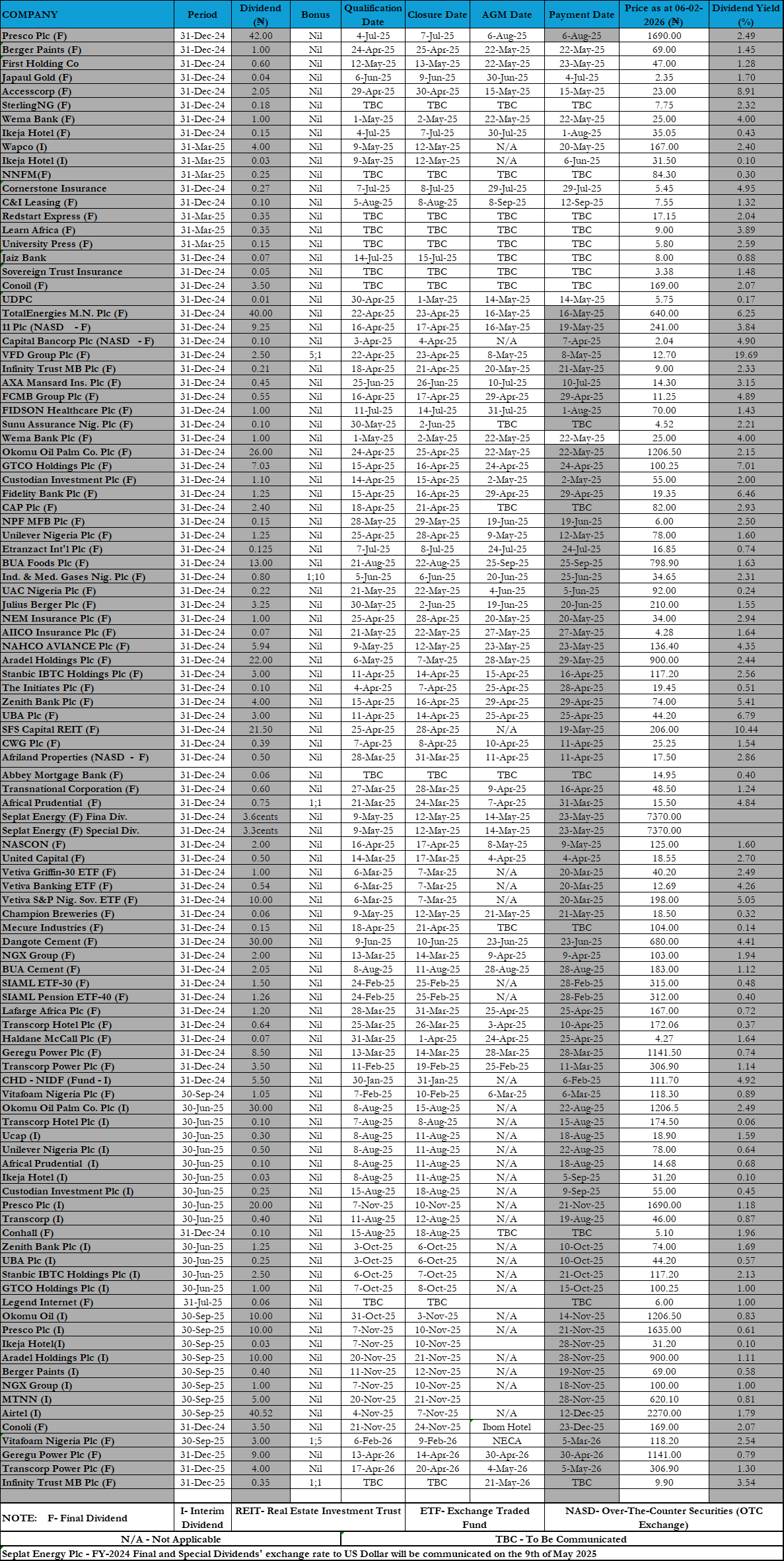
Akintunde Oyedokun
Research Analyst
Oil prices dropped on Thursday after U.S. President Donald Trump urged Saudi Arabia and OPEC to lower costs during his World Economic Forum speech. Brent crude fell 0.9% to $78.29 per barrel, while U.S. West Texas Intermediate declined 1.09% to $74.62.
Market uncertainty over Trump’s energy policies and proposed tariffs added to concerns about global demand. U.S. crude inventories fell to their lowest levels since March 2022, but the drawdown was smaller than expected.
Experts warned that lower oil prices could hinder energy investments and increase market volatility amid rising U.S. production and unclear trade policies.
British Manufacturers Face Lowest Optimism In 2 Years Amid Rising Costs
UK manufacturers showed only a slight improvement in order books for January, with the Confederation of British Industry (CBI) reporting a modest rise to -34 from December’s -40. Despite this, business optimism fell to its lowest point since late 2022. Rising operational costs from higher National Insurance, wage increases, and changes to employment law have dampened confidence. Manufacturers also expect higher prices, the highest since April 2024, based on a survey of 343 companies conducted between Dec. 19 and Jan. 13.
Canada’s Retail Sales Unchanged In November, Auto Sector Drives Stability
Canadian retail sales remained steady at C$67.57 billion ($46.99 billion) in November, with a 0.0% month-over-month change and a 1.6% increase year-over-year, as reported by Statistics Canada. Strong sales in the motor vehicle and parts sector helped maintain overall sales, offsetting a decline in food and beverage retail. Excluding autos, retail sales fell by 0.7% from October, while sales volume dropped by 0.4%. Despite challenges in some sectors, the economy showed resilience with a 1.6% expected rise in December sales, according to a flash estimate. All figures are seasonally adjusted.
Sudanese Army, RSF Trade Blames Over Attack On Khartoum Refinery
The Sudanese army and the paramilitary Rapid Support Forces (RSF) have accused each other of attacking the Khartoum refinery in Al-Jaili on Thursday. The army blamed RSF commander Mohamed Hamdan Dagalo’s forces for deliberately setting the refinery on fire, while the RSF claimed the army conducted airstrikes on the facility. This exchange of blame has persisted since the civil conflict began nearly two years ago. Recently, the army retook Wad Madani, a strategic city from the RSF, marking a potential turning point in the ethnic violence driving the world’s largest internal displacement crisis.
Nigeria’s Central Bank Projects 4.17% Economic Growth, Eyes Inflation Decline
Nigeria’s central bank forecasts 4.17% economic growth in 2024, supported by ongoing reforms and easing inflation. Governor Olayemi Cardoso noted that the inflation rate, currently at 34.8%, should decrease as reforms, including the removal of fuel subsidies and currency devaluation, take effect. The country’s foreign exchange reserves exceeded $40 billion, bolstered by rising oil production, which is expected to hit 2.3 million barrels per day by mid-year. The central bank aims to maintain price stability and improve transparency in the foreign exchange market.










